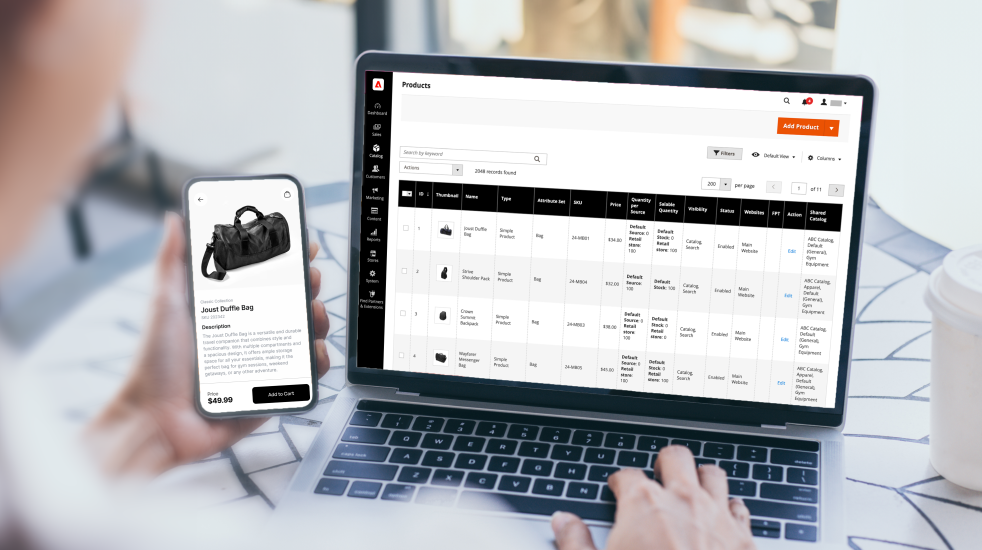Embrace a new era of commerce and unlock your potential in the China and Asia markets.
B2B Commerce plays a crucial role in a company's digital transformation, with opportunities to enhance aspects of business such as customer experience, data analysis, system integration, and cloud services.
From managing the supply chain to optimizing digital assets, internal processes, and pricing strategies—we are equipped to help you implement a digital-focused approach.

B2B Commerce plays a crucial role in a company's digital transformation, with opportunities to enhance aspects of business such as customer experience, data analysis, system integration, and cloud services.
From managing the supply chain to optimizing digital assets, internal processes, and pricing strategies—we are equipped to help you implement a digital-focused approach.

Our team excels in devising, creating, and executing eCommerce strategies that cater to different Business-to-Business models like traditional B2B, Direct-to-Customer (D2C), B2B2C distribution, and multi-vendor platforms.
Whether you need a streamlined order management system, an innovative digital product sampling platform, an eCommerce ecosystem that integrates with upstream and downstream operations, or even a D2C-launched internet product—we have the expertise and experience to meet your business needs and develop a custom-fit eCommerce strategy that drives success.


We will create a modern digital experience and automated process to ensure a seamless transition for your customers, suppliers, and staff members from offline to online platforms.
Our UI/UX teams will assist you in creating an excellent B2B digital experience for your products and services.

Catering to the personalized needs of B2B customers, we can customize the procurement process and customer experience, individually adjust offer and sales workflows, and support required payment fulfillment gateways.
Allow all stakeholders to join in! Let us guide you on how to create a 360 degree view of your customers and operations. Sales, manufacturing, marketing, and customer service are intertwined in a unified decision-making process. Gather departments' insights and responses with higher transferability and enabling them to respond to customer demands.
By mapping customer workflows & supply chains, we support businesses in transforming and upgrading their procurement, manufacturing, design, and marketing processes, developing new e-business models.
Allow all stakeholders to join in! Let us guide you on how to create a 360 degree view of your customers and operations. Sales, manufacturing, marketing, and customer service are intertwined in a unified decision-making process. Gather departments' insights and responses with higher transferability and enabling them to respond to customer demands.
By mapping customer workflows & supply chains, we support businesses in transforming and upgrading their procurement, manufacturing, design, and marketing processes, developing new e-business models.









